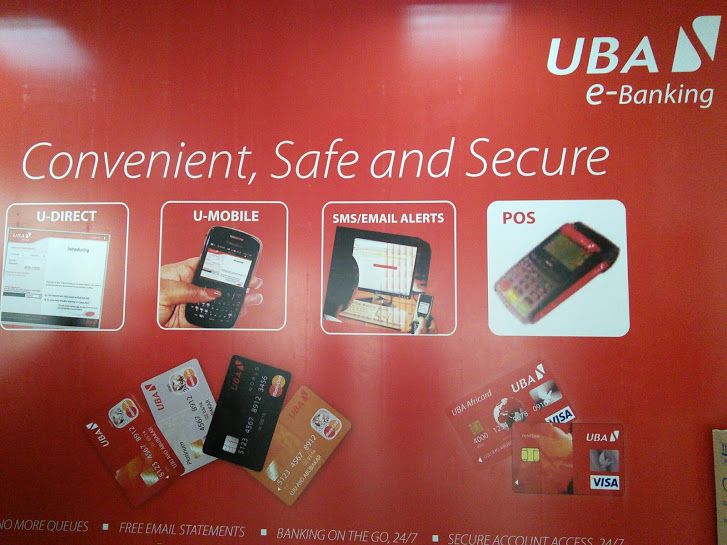Unfortunately, when we think about Nigerian banks, what immediately comes to mind are those e-mails we’ve all received requesting a transfer to an obscure account. However, not all Nigerian banks are alike. Following a privatization and liberalization period, a process of industry consolidation started in 2005. A capital requirement was imposed of naira (N) 25 billion (about € 0.1 billion, or U.S. $ 0.15 billion). This left 25 solid institutions alive, some of which decided to become Pan-African banks.

United Bank for Africa (UBA) is one of these Pan-African banks. First, they became a dominant financial institution in Nigeria operating in all product and service segments. Now, UBA operates in 19 African countries and has offices in New York, London, and Paris . The rationale for this move: to follow their international customers, and to tap the economic growth in selected African markets.
Their next aspiration is to become a global bank: Africa’s upcoming economic growth will make the continent increasingly interdependent across the board, enabling these transactions.

Access Bank, GTBank, and Zenith are also Pan-African banks of Nigerian origin. But some others come from different areas. For instance, Standard Bank Group (also known as Stanbic Bank) started in South Africa, and Ecobank was born as West African.
For Pan-African banks to become global players, they need (among other things) to overcome some reputational issues. But they are working on it.
Ecobank, for instance, has been in the international press for close to a year in relation to corporate governance scandals, which practically led the bank to paralysis. This may have come to an end with the removal of Ecobank’s CEO last month.
Nigerian banks need to overcome a negative country image, and they keep working at preventing fraud . To give you an example, at GTBank (another Nigerian bank with a Pan-African footprint and an office in London), they hire young graduates who have not been exposed to fraudulent practices. As part of their training program, GTBank’s new hires visit jail . Showing the consequences of financial crime is one way to prevent them from falling into it.

